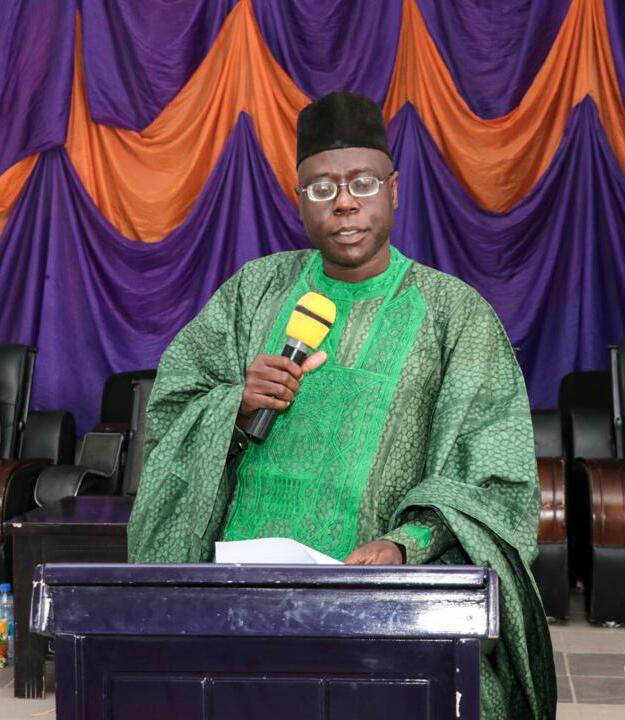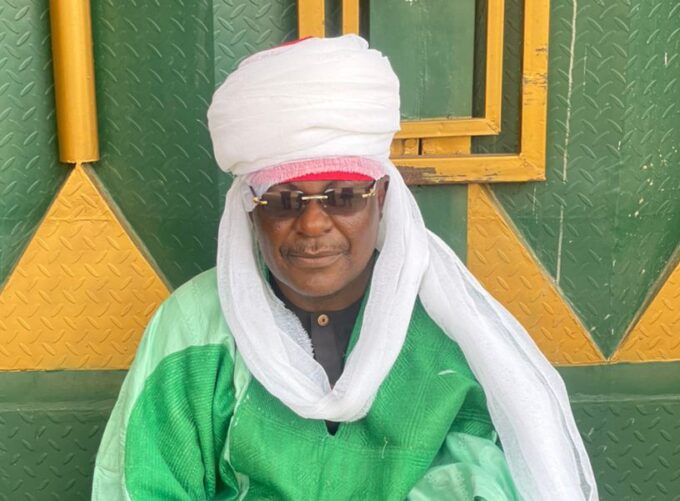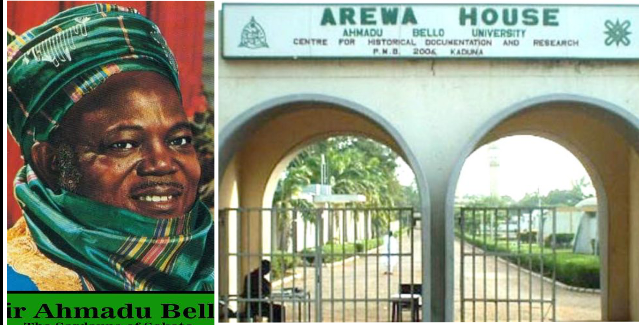In recent times, there has been a growing call particularly among some cultural advocates and even academics for Hausa to be adopted as the primary language of instruction in Nigerian schools. Proponents argue that promoting indigenous languages, especially one as widely spoken as Hausa, would strengthen cultural identity and improve learning outcomes in early education. While these intentions may appear noble, they often ignore the complex and deeply pluralistic nature of the Nigerian state.
Nigeria is not a monolingual nation. It is a federation of immense diversity, home to over 500 ethnic groups and more than 300 languages. Among these, four major ethnolinguistic blocs Hausa, Fulbe, Yoruba, and Igbo stand out, each with its own rich history, sociopolitical influence, and cultural legacy. Attempting to elevate one of these languages above the others particularly in the sensitive domain of national education risks reigniting historical grievances, reinforcing perceptions of ethnic dominance, and ultimately undermining national unity.
This is not an entirely new conversation. Decades ago, a similar initiative was proposed under the “WAZOBIA” framework an acronym derived from Yoruba (WA), Hausa (ZO), and Igbo (BIA) which sought to promote the use of indigenous languages in governance and education. While well-intentioned, that effort failed. Not because Nigerians lacked patriotism, but because the proposal could not navigate the country’s intricate ethnic fabric and the political sensitivities involved in privileging one group’s language over others in such a diverse federation.
In a country still grappling with interethnic mistrust and regional rivalries, any attempt to designate one indigenous language as the national instructional medium risks being seen as exclusionary. In Nigeria, language is far more than a means of communication, it is a symbol of identity, power, and political belonging. This symbolic weight cannot be easily dismissed under the banner of cultural renaissance.
The push to use native languages in education is often presented as a pathway to national development. While mother-tongue instruction can indeed improve early comprehension for some learners, it is not a cure for Nigeria’s long-standing structural challenges. The country’s most pressing problems — rampant corruption, weak institutions, poor governance, collapsing infrastructure, failing healthcare systems, and a stagnant economy are not the result of language barriers. They are the consequence of leadership failure, lack of accountability, and decades of systemic neglect.
Advocates often point to countries like Germany, Japan, India, China, and France as examples of how local languages can support national growth. However, these nations succeed not because of the languages they speak, but because of their disciplined governance, respect for the rule of law, robust institutions, and deep-rooted civic responsibility. Language is a tool not a driver of development. Good leadership, policy consistency, and national vision are what truly move societies forward.
In Nigeria’s case, English despite its colonial legacy serves a practical and unifying role. As a global lingua franca, it connects us to international research, commerce, and diplomacy. It gives our students access to a vast range of academic resources, enables participation in global assessments like WAEC and IGCSE, and facilitates mobility in a globalized economy. Abandoning English without first fixing our foundational problems would be not just symbolic—it would be strategically shortsighted.
Moreover, the argument that English represents colonial domination, while Arabic is embraced for religious and cultural purposes, reflects an inconsistent and emotionally driven stance. Language should be seen through a functional, not ideological, lens. It is not inherently oppressive it becomes what we make of it. What truly matters is how language is used to build competence, transfer knowledge, and instill civic values.
Transitioning to indigenous languages as the primary medium of instruction would be a monumental undertaking. It would require decades of investment in curriculum development, the translation of scientific and technical concepts, teacher retraining, and the creation of new educational resources investments, we are not even making to fix our basic education system.
Therefore, while promoting indigenous languages at the cultural level or in early childhood education is commendable, it should not distract from Nigeria’s deeper, more urgent priorities. A corrupt leader will not become virtuous simply because they speak Hausa or Yoruba. Language cannot purify bad governance only integrity, accountability, and institutional reform can.
Let us focus on the root causes of our underdevelopment poor leadership, institutional decay, and a lack of civic responsibility. Changing the language of instruction without addressing these fundamental issues is like repainting a crumbling wall. The cracks remain.
Tijjani Sarki,
Good Governance Advocate & Public Policy AnalystWrites from Zawaciki, Kano
abdullahisarkitijjani@gmail.com














Leave a comment